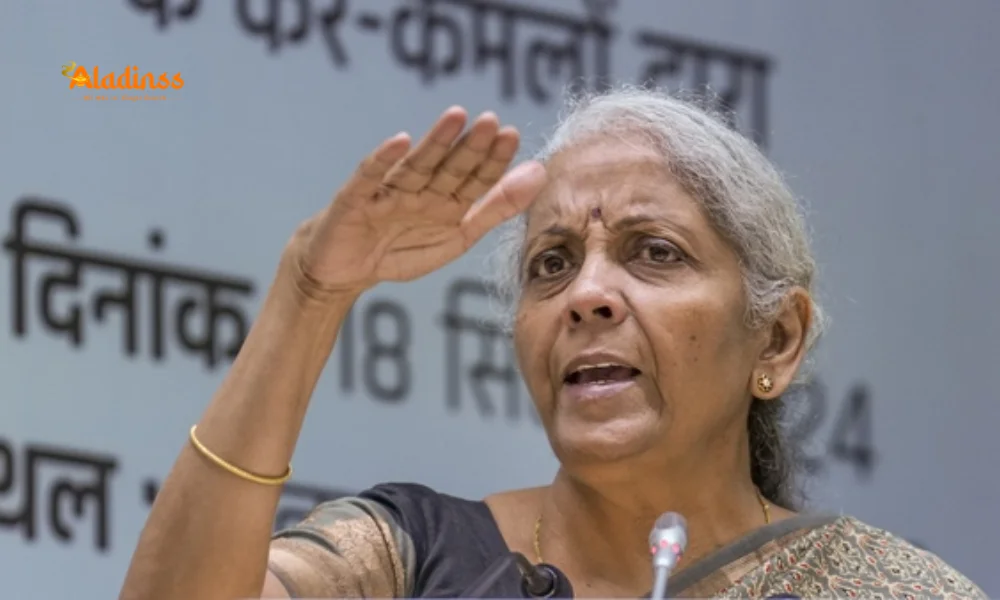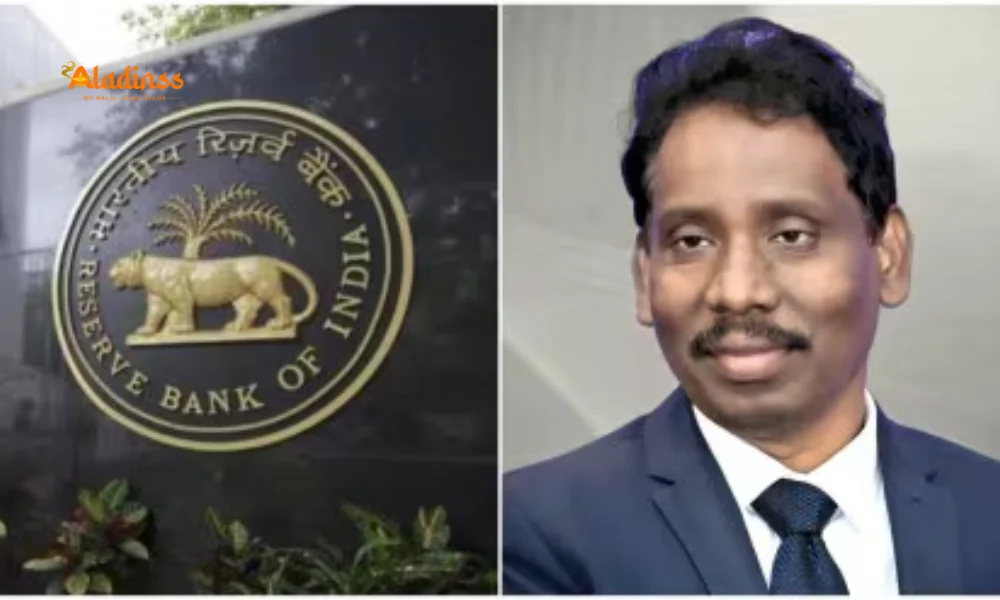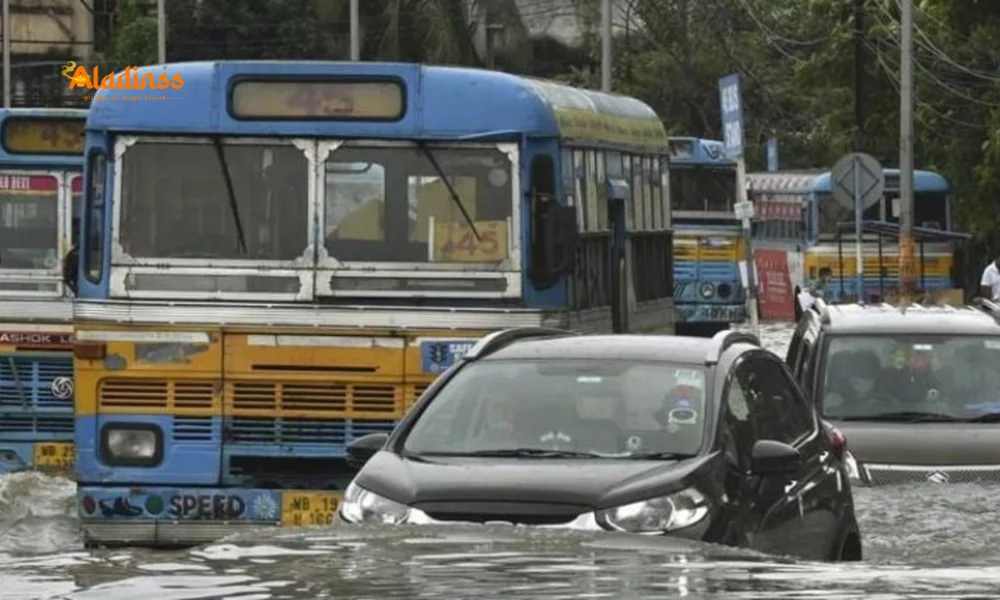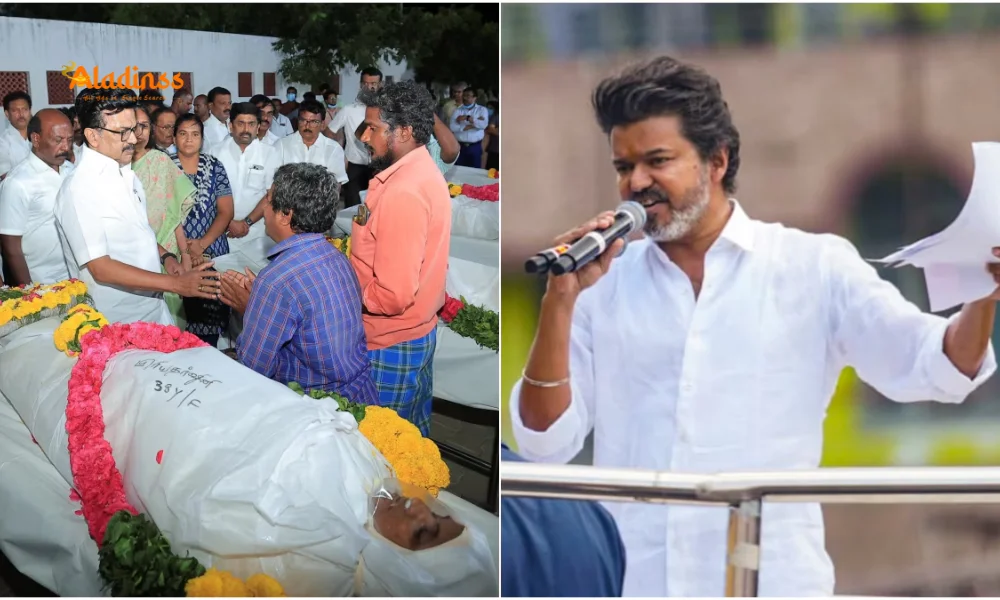India Rejects Pakistan's UNGA Claims on Terrorism
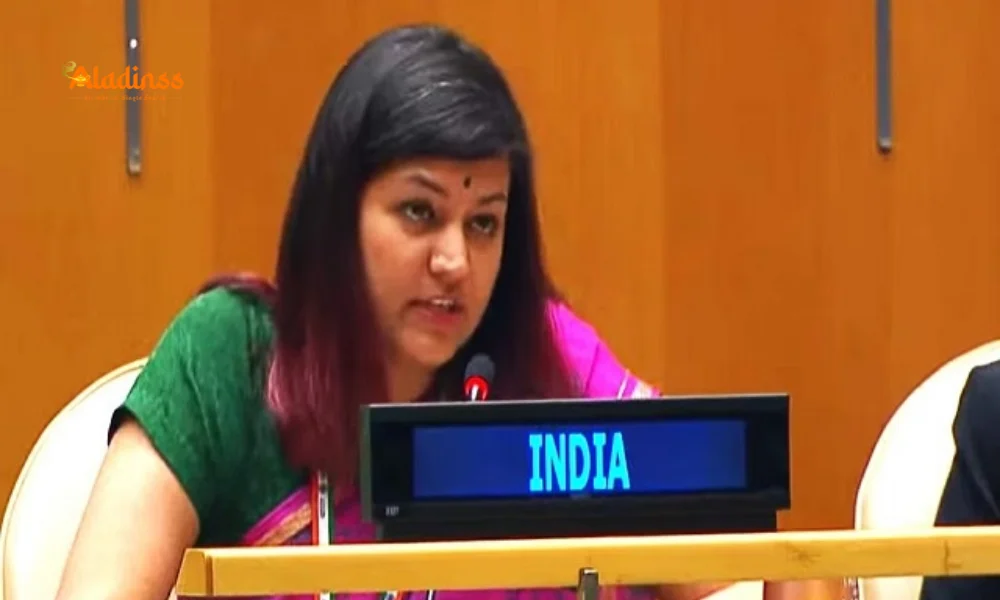
India Delivers Scathing Rebuttal to Pakistan's UNGA Speech on Terrorism
In a forceful India Pakistan UNGA confrontation at the United Nations General Assembly, diplomat Petal Gahlot exercised India's right of reply to dismantle Prime Minister Shehbaz Sharif's Shehbaz Sharif UN speech, branding it as "absurd theatrics" riddled with Pakistan lies at UNGA. Gahlot accused Islamabad of Pakistan terrorism glorification, shielding perpetrators of the Pahalgam terror attack that claimed 26 lives in April 2025, and obstructing justice for victims. This Indian diplomat UNGA rebuttal came swiftly after Sharif's address, which India dismissed as a desperate bid to mask Pakistan duplicity UNGA through fabricated narratives on the May 2025 India Pakistan conflict and Indus Water Treaty suspension.
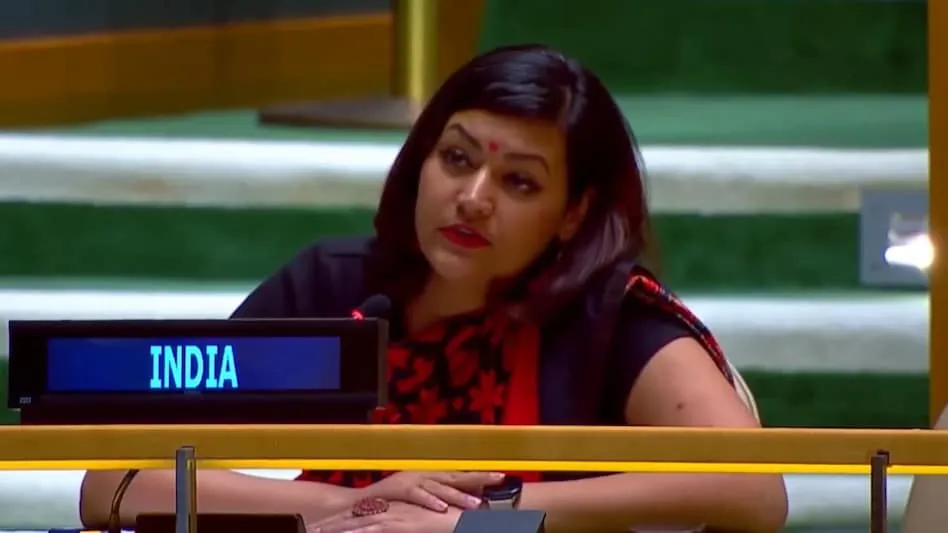
Gahlot's UNGA 2025 India response highlighted Pakistan's long history of harboring figures like Osama bin Laden Pakistan, even as it feigned alliance in global anti-terror efforts. She invoked Operation Sindoor India, where Indian forces neutralized threats in Bahawalpur terror camps and Muridke terror complexes, underscoring India's resolve in counter-terror ops against state-sponsored threats from across the border.
Petal Gahlot's Point-by-Point Dismantling of Sharif's Claims
Gahlot's Petal Gahlot reply was a masterclass in diplomatic precision, labeling Sharif bizarre claims UNGA as "ludicrous narratives" from a nation synonymous with exporting terror. She recounted how Pakistan terror camps admission by its own officials exposed the hypocrisy, with Islamabad blocking probes into the Pahalgam attack— a brazen assault on Indian civilians that prompted India's measured retaliation. "No amount of drama can hide the truth," Gahlot asserted, referencing Pakistan's decade-long sheltering of Osama bin Laden while collecting US aid for counter-terrorism.
Turning to the recent skirmish, Gahlot ridiculed Sharif's portrayal of the May 2025 India Pakistan conflict as a Pakistani triumph, pointing to Pakistan airbases destruction by Indian strikes on May 10. "If craters and wreckage spell victory, Pakistan may savor it," she quipped, countering the Indian fighter jets claim of seven downed aircraft with evidence of Islamabad's frantic ceasefire pleas after the "intervening event" of precision hits. This exchange at UNGA terrorism narrative Pakistan exposed the chasm between rhetoric and reality.
Pakistan's UNGA Address: Accusations of Aggression and Treaty Violations
Sharif's platform at the UNGA was leveraged to decry India's Indus Water Treaty suspension as an "act of war," framing it as defiance of international norms amid the Jammu Kashmir bifurcation legacy. He alleged Sharif UNGA aggression claims, portraying the Pahalgam incident—a terrorist strike killing 26—as a humanitarian ploy exploited by New Delhi for political gain. Sharif boasted of Pakistani air prowess under Air Chief Marshal Zaheer Ahmed Babar downing Indian jets, a claim India dismissed as unverified fiction.
On the Article 370 impact, Sharif wove in broader grievances, linking the 2019 revocation—which birthed Ladakh statehood demands and the union territory status—to ongoing tensions. Yet, his narrative glossed over Pakistan's role in fomenting unrest, prompting Gahlot's retort on bilateralism India Pakistan: no third-party meddling in core disputes.
India's Firm Stance: Zero Tolerance and Accountability
Gahlot's address crystallized India's zero tolerance terrorism India doctrine, declaring no quarter for sponsors hiding behind Pakistan nuclear blackmail. She demanded Islamabad dismantle terror infrastructure and extradite fugitives, echoing India Pahalgam attack response measures like Operation Sindoor India that dismantled networks in Bahawalpur terror camps. "Terrorists and their backers will face justice," she vowed, referencing public tributes by Pakistani officials to slain militants as proof of state complicity.
This India UNGA right of reply reinforced New Delhi's post-Pahalgam resolve, where the treaty hold was a calibrated counter to cross-border threats. Gahlot's words resonated globally, positioning India as a bulwark against terror amid UNGA discussions on conflict resolution.
- Pakistan's history of harboring Osama bin Laden for over a decade.
- Admission by Pakistani leaders of operating terror training facilities.
- Operation Sindoor's success in neutralizing threats across the border.
- Pakistan's ceasefire plea after airbase strikes in May 2025.
- Demand for shutdown of all terror camps and extradition of wanted individuals.
Legacy of Article 370 and Regional Tensions
The Article 370 impact lingers, with the Jammu Kashmir bifurcation reshaping dynamics since 2019, spawning Ladakh statehood demands and heightened scrutiny on water-sharing. Sharif's invocation tied these to broader sovereignty woes, but Gahlot pivoted to Pakistan's destabilizing role, urging focus on actionable peace over polemics.
This backdrop amplifies the stakes, where Indus Water Treaty suspension serves as leverage against persistent threats, aligning with India's bilateralism India Pakistan ethos.
Global Echoes and Diplomatic Ramifications
The UNGA exchange reverberates beyond the chamber, spotlighting South Asian fault lines amid global calls for de-escalation. Allies like the US and EU have urged restraint, while India's narrative gains traction in counter-terror forums. Pakistan's duplicity UNGA, as Gahlot termed it, risks isolating Islamabad further, especially post its FATF grey-list exit scrutiny.
For India, the rebuttal bolsters its image as a responsible power, committed to zero tolerance terrorism India without succumbing to provocations. As Sharif's unverified boasts fade, Gahlot's facts endure, paving the way for potential backchannel dialogues.
Path Forward: Calls for Concrete Actions
Beyond rhetoric, Gahlot outlined imperatives: dismantle terror hubs, extradite culprits, and honor bilateral pacts. This aligns with India's post-Pahalgam posture, where Operation Sindoor India exemplified proactive defense. Pakistan, urged to reflect on its Muridke terror complexes legacy, faces a crossroads—escalation or engagement.
The UNGA 2025 India response thus serves as a clarion call for accountability, reminding the world that peace demands dismantling terror's roots, not amplifying its echoes.
In wrapping up, India's unflinching stand at the UNGA reaffirms its commitment to sovereignty and security, turning Sharif's stage into a forum for unvarnished truth.
Comment / Reply From
No comments yet. Be the first to comment!

